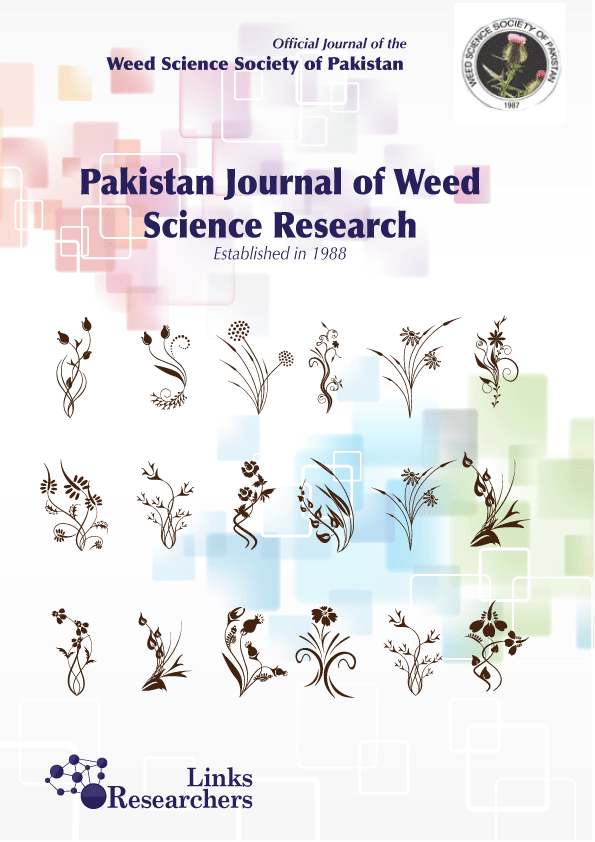Evaluation of Antidiabetic and Antihyperlipidemic Effects of Methanolic Extract of Verbascum thapsus in Alloxan-Induced Diabetic Albino Mice
Evaluation of Antidiabetic and Antihyperlipidemic Effects of Methanolic Extract of Verbascum thapsus in Alloxan-Induced Diabetic Albino Mice
Waheed Khan1, Muhammad Ajmal Khan2, Bakhtawar Khan1*, Aftab Amin3, Muhsin Ali4, Awais Farid, Ali Hazrat5 and Muhammad Yahya5
ABSTRACT
A severe endocrine condition known as diabetes mellitus (DM) is defined by excessive blood sugar levels brought on by an absolute or relative lack of insulin synthesis or activity. At present, the existing diabetes mellitus drugs have many adverse reactions. Therefore, it is needed to investigate novel methods to improve DM treatment. Thus plant-based management could be a possible antidiabetic strategy. The objective of the most recent study was to assess Verbascum thapsus’s ability to combat hyperlipidemia and diabetes. Mice were given an intraperitoneal injection of alloxan (150 mg kg-1, b.w.) to cause diabetes. There were five groups of mice (n=10): group 1 (normal control) received normal food and water, group 2 (diabetic control) received normal food and clean water, group 3 (diabetic mice) received 200 mg of methanolic plant extract, group 4 (diabetic mice) received 400 mg of methanolic extract, and group 5 (diabetic mice) received 10 mg of the medication Glibenclamide for 28 days. Glucose was measured four times and after 28 days, blood samples were collected to measure the lipid profile. The result showed that methanolic extract of V. thapsus significantly (P>0.05) reduced the blood glucose level, TC, TG, LDL, increase HDL and body weight at 400mg kg-1 compared to 200 mg and 10 mg of the standard drug after 28 days of treatment. The results of our study suggested that methanolic extract of V. thapsus have potent anti-diabetic activity, with comparatively less toxicity for its use in ethno-medicine for diabetes management.
To share on other social networks, click on any share button. What are these?




